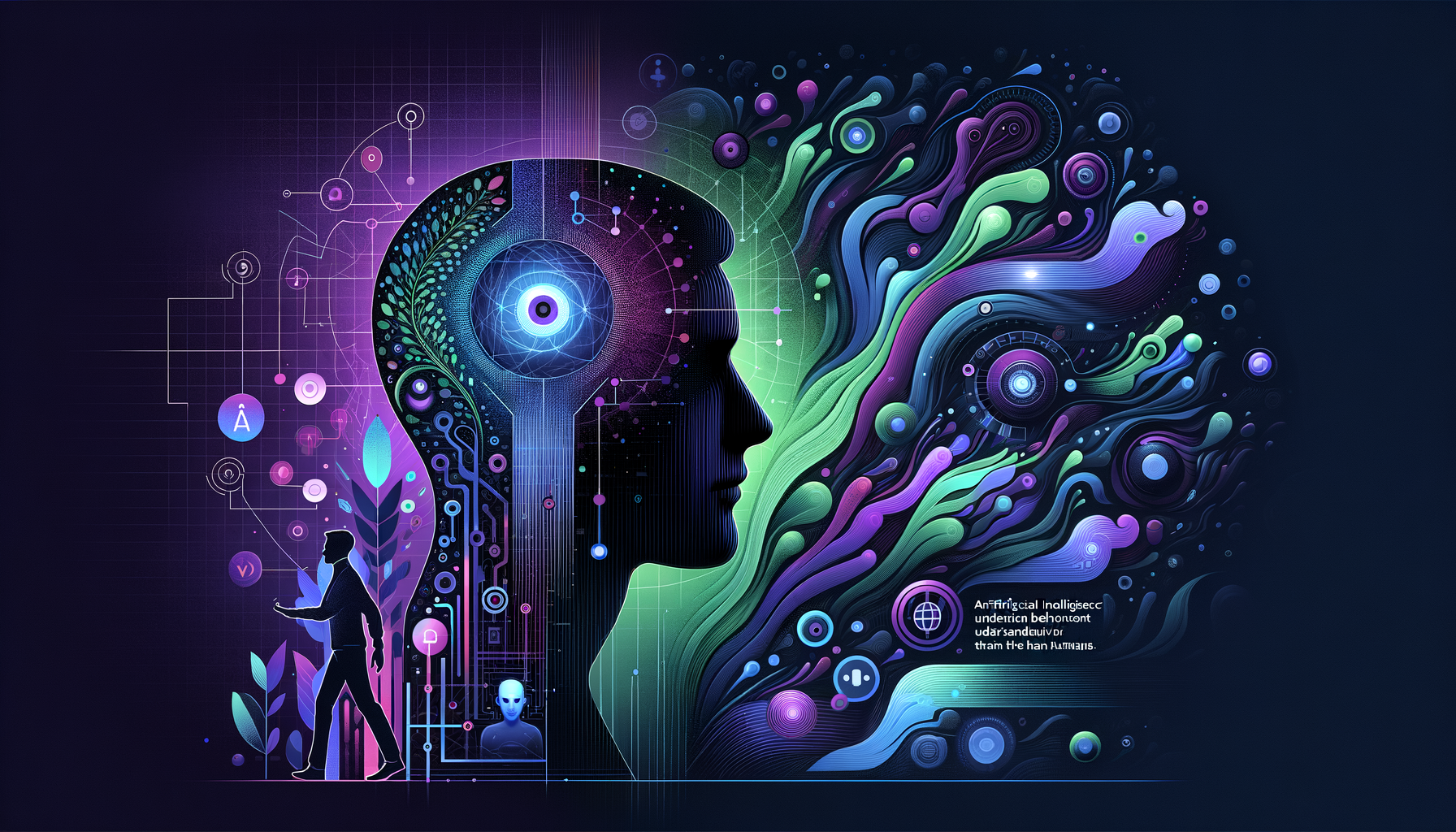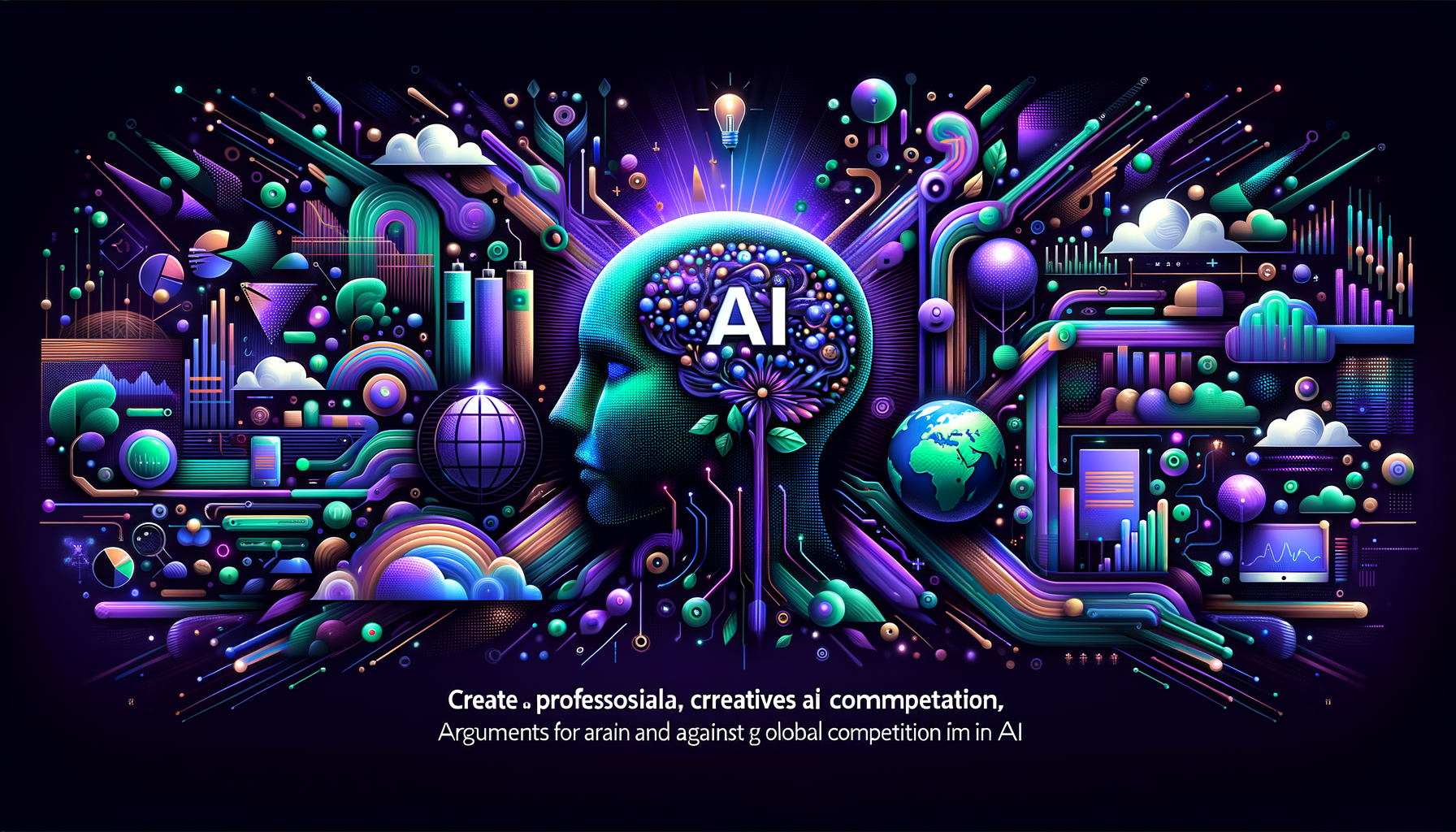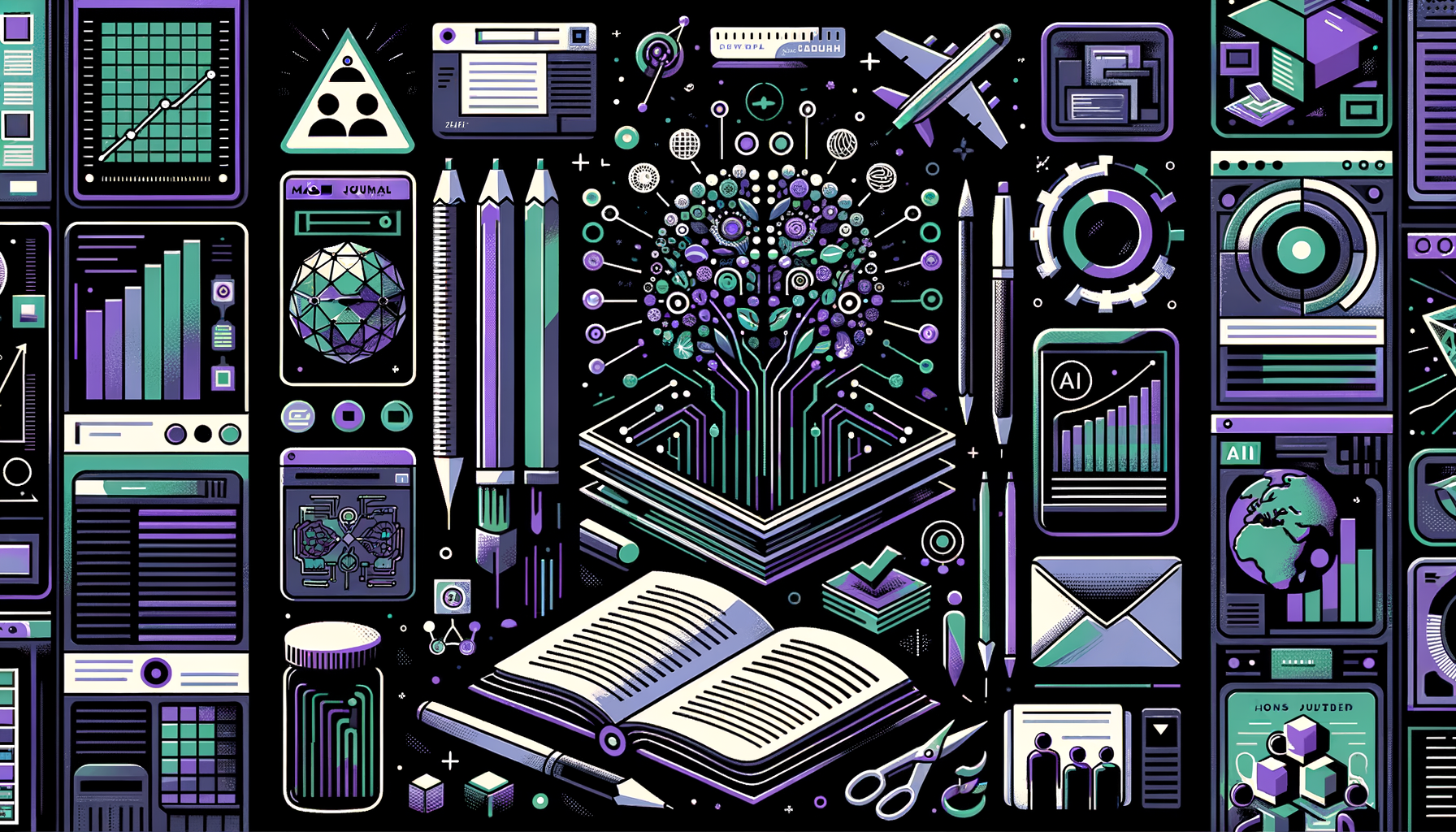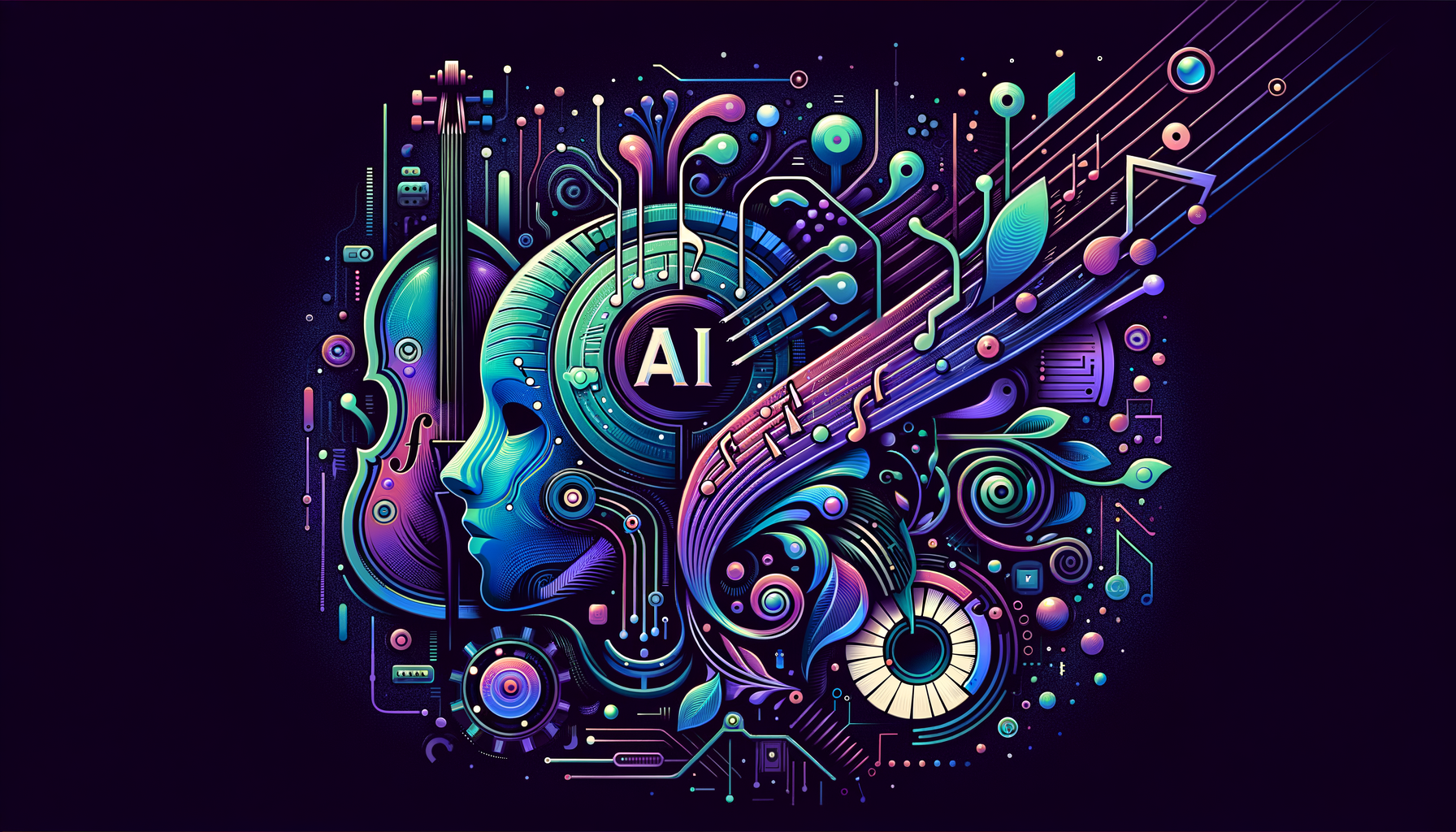AI’s Evolving Understanding: Will Machines Understand Humans Better Than We Understand Ourselves?
The recent discourse on Wired regarding the rapid advancements in artificial intelligence (AI) is gaining traction across various industry verticals. The notion that AI might soon understand humans better than humans do themselves is not only intriguing but also fraught with implications for businesses and individuals globally, including within the European Union’s competitive tech landscape. This article delves into the complexities of AI’s evolution, exploring its potential benefits and challenges, with insights into the services offered by Hodeitek, which stand at the forefront of implementing and navigating these AI advancements.
The Current AI Landscape
The development of AI technologies has grown exponentially, transforming from basic algorithms to sophisticated models capable of processing complex datasets with near-human intuition. According to a recent study by McKinsey, AI adoption has significantly increased across sectors, with 50% of companies globally integrating AI into at least one business function as of 2023. Innovations in machine learning, natural language processing (NLP), and predictive analytics have paved the way for AI systems that not only predict but also understand human behavior in nuanced ways.
This progression is exemplified by AI models like OpenAI’s GPT-4, which can analyze immense quantities of text data, perform sentiment analysis, and generate human-like responses that are contextually aware. The ability of machines to comprehend and interpret human emotions, intentions, and subtle communication cues points towards a future where AI might offer insights into human psychology with unprecedented accuracy—a future closely tied to Hodeitek’s Custom AI Solutions.
AI Strategy: Navigating Future Trajectories
Businesses must strategically position themselves to leverage these advancements. At Hodeitek, our AI Strategy Consulting services help companies align their operational goals with AI capabilities. By anticipating AI trends, businesses can enhance decision-making processes, optimize customer interactions, and innovate product offerings. Understanding how AI systems learn and make decisions is critical to harnessing their power effectively, especially in competitive markets like Spain and the larger EU region.
AI’s Role in Enhancing Human Understanding
AI’s ability to understand humans could transform various domains, from healthcare to marketing. In healthcare, for instance, AI systems that predict patient behavior can improve treatment outcomes. In a 2024 survey by Deloitte, 70% of healthcare organizations reported using AI to personalize patient care, highlighting the technology’s potential to revolutionize medical diagnostics and patient interactions.
Similarly, in the marketing sector, AI-driven personalization tools are offering deeper insights into consumer preferences, enabling brands to tailor experiences uniquely to individual users. This aligns perfectly with our Predictive Analytics and Data Modeling services, which empower businesses to make informed decisions based on comprehensive data analysis and modeling techniques, leading to increased consumer satisfaction and improved brand loyalty.
Implementing Intelligent Process Automation
As AI continues to evolve, so does its potential to automate and streamline operations through Intelligent Process Automation. This facet of AI not only improves efficiency by automating routine tasks but also optimizes end-to-end processes, freeing human resources for more strategic roles. By leveraging AI for process automation, companies can significantly reduce operational costs and enhance productivity, a testament to the efficiency and profitability AI brings to the table.
Ethical and Societal Implications
Despite the transformative benefits, the increasing capability of AI to understand human nuances raises ethical and privacy concerns. Machine learning models, if unchecked, can inadvertently perpetuate biases present in training data. The EU’s General Data Protection Regulation (GDPR) emphasizes the need for transparency and accountability in AI, mandating organizations to uphold stringent data privacy and ethical standards.
This calls for robust AI infrastructure mechanisms that ensure fairness and compliance. At Hodeitek, our AI Infrastructure Development and Management services focus on creating secure, scalable, and ethical AI frameworks that prioritize data integrity and user privacy, enabling businesses to innovate responsibly and sustainably.
AI Training and Education: Cultivating Future Skills
Moreover, as AI reshapes industries, there’s a growing need for workforce development and education to keep pace with technological shifts. Through AI Training and Education, organizations can equip their employees with the knowledge and skills necessary to harness AI’s potential effectively. Training programs that emphasize practical AI applications, ethical considerations, and strategic implementation can bridge the gap between AI potential and real-world application.
Conclusion
As AI continues its upward trajectory towards greater understanding of human behaviors and needs, businesses must adapt and innovate to remain competitive and ethically responsible. By investing in comprehensive AI strategies, process automation, and workforce education, organizations can maximize the benefits while safeguarding against potential ethical pitfalls. Hodeitek offers indispensable services to help businesses navigate this complex landscape, from custom AI solutions to comprehensive AI strategy consulting.
The future of AI is both promising and challenging, but with careful management and strategic foresight, businesses can thrive in this new AI-driven era. For more information on how we can assist in integrating cutting-edge AI solutions, visit our contact page and connect with our experts today.






